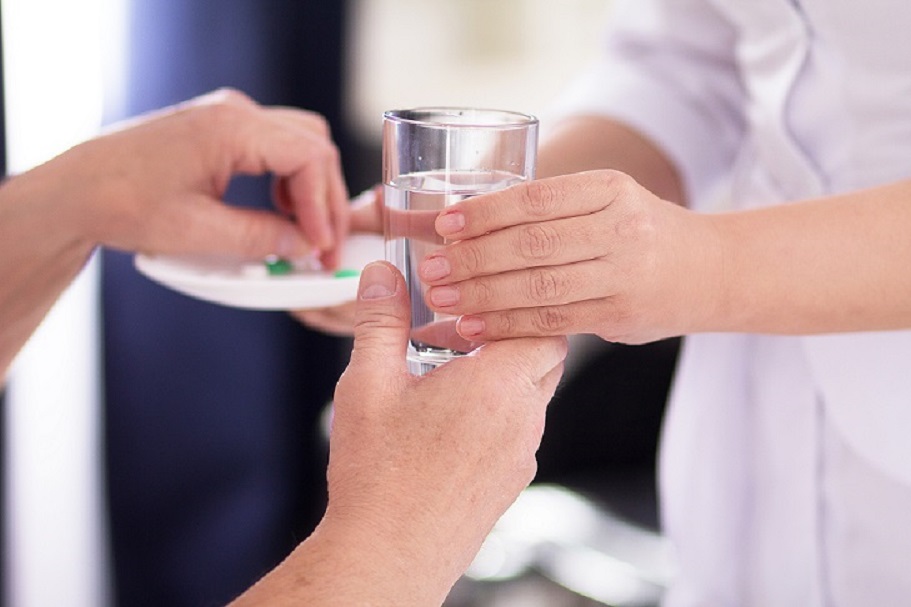
Policy and procedures for monitoring the quality of drinking water in health facilities
There are many policies and procedures for environmental health programs in health facilities. The Ministry of Health is keen to maintain the level of these programs to create a healthy environment for all elements of these facilities. Each of these elements is no less important than the other: water quality, air, food, waste disposal, and sanitation. Therefore, the Ministry of Health imposes many policies and procedures, some of which we have the honor to list in this article.
You can view all these policies from this link The comprehensive guide to policies and procedures for environmental health programs in health facilities.
Sections should know this guide
Cooperation and coordination between all departments achieve the desired goal of following these policies to advance environmental health programs, and these departments include:
- Maintenance Department.
- Nutrition department officials.
- Laundry section.
- Responsible for the disposal of waste, waste, and sewage.
Some environmental health activities in health facilities:
- Drinking water.
- Wastewater treatment plants and the safe use of treated water.
- Dialysis water.
- laundries.
- kitchens.
- Gardening and landscaping.
Drinking water quality control policy and procedures
Drinking water quality control is the process of ensuring the safety of drinking water by taking samples from different points within the health institution, for the purpose of conducting the required checks to ensure the validity of its use. Its most important elements:
- The management of the health facility is based on providing potable water in the health facility and its affiliated facilities according to Saudi specifications for unbottled drinking water.
- Monitoring the quality of drinking water used in the facility by The Environmental Health or Public Health Department of the health facility and taking samples to ensure that it conforms to the specifications.
- The Environmental Health or Public Health Department in the health facility provides the Maintenance Department with the observations that are monitored during the process of monitoring the quality of drinking water to take corrective measures.
- The Environmental Health Department or the Public Health Department in the health facility shall provide the Environmental Health and Occupational Health Department in the Directorate with periodic reports related to the drinking water quality control program.
General Procedures:
- Periodic samples are collected by the Environmental Health Department or the Public Health Department in the health facility according to an approved plan and in coordination with the relevant departments.
- The plan includes a schedule for sampling, points for taking, periodicity, and a method of storing and sending samples.
- Ensure the effectiveness and continuity of maintenance programs in the health facility. This includes monitoring, inspection, cleaning, and disinfection of the water supply network periodically and according to a specific schedule.
- Take appropriate and effective corrective actions in the event of problems with the quality of drinking water.
- The Maintenance Department shall inform the Environmental Health and Infection Control Department in the event of any planned or unplanned water interruption, or any damage to the water distribution network that may cause pollution to the water supply network.
Laboratory testing service is one of the services provided by CareWater to continuously maintain the quality of drinking water.
The sections concerned with the application are:
- Department of Environmental Health / Public Health.
- Maintenance departments.
- Laboratory.
- Fighting the infection.
Microbial examination procedures:
- Microbial examination for coliform bacteria is carried out monthly. As well as when needed (e.g. after construction operations or after reconnections).
- Taking (2-5) samples per month from different departments within the health facility.
Quality related characteristics:
- Drinking water must not contain any substances that affect it in terms of color, taste, smell, or appearance. And it must be completely free of foreign substances or impurities that can be seen with the naked eye. Whether they are dust, sand, threads, hairs, or other impurities.
- The pH of unbottled drinking water should range between (5.6 – 8).
- The percentage of dissolved solids in unbottled drinking water should range between (100-1000 mg/L).
- It shall be free from pathogenic microorganisms and from fecal microbes and viruses that cause harm to public health.
- The physical, chemical, radiological and other biological specifications shall be as stated in the Standardization Organization for the Cooperation Council for the Arab States of the Gulf Specification for Unpacked Drinking Water No. 149/2014 GSO.
























